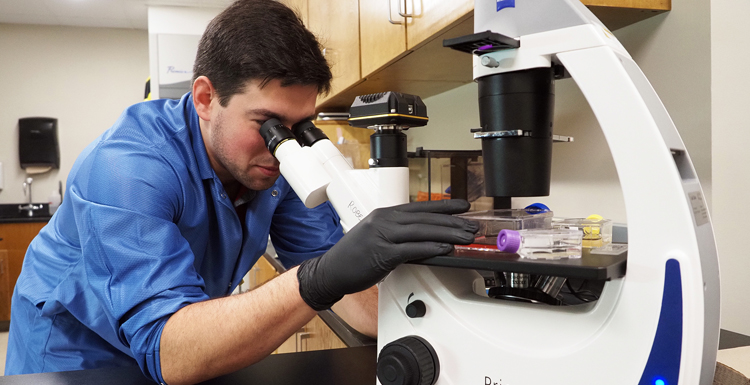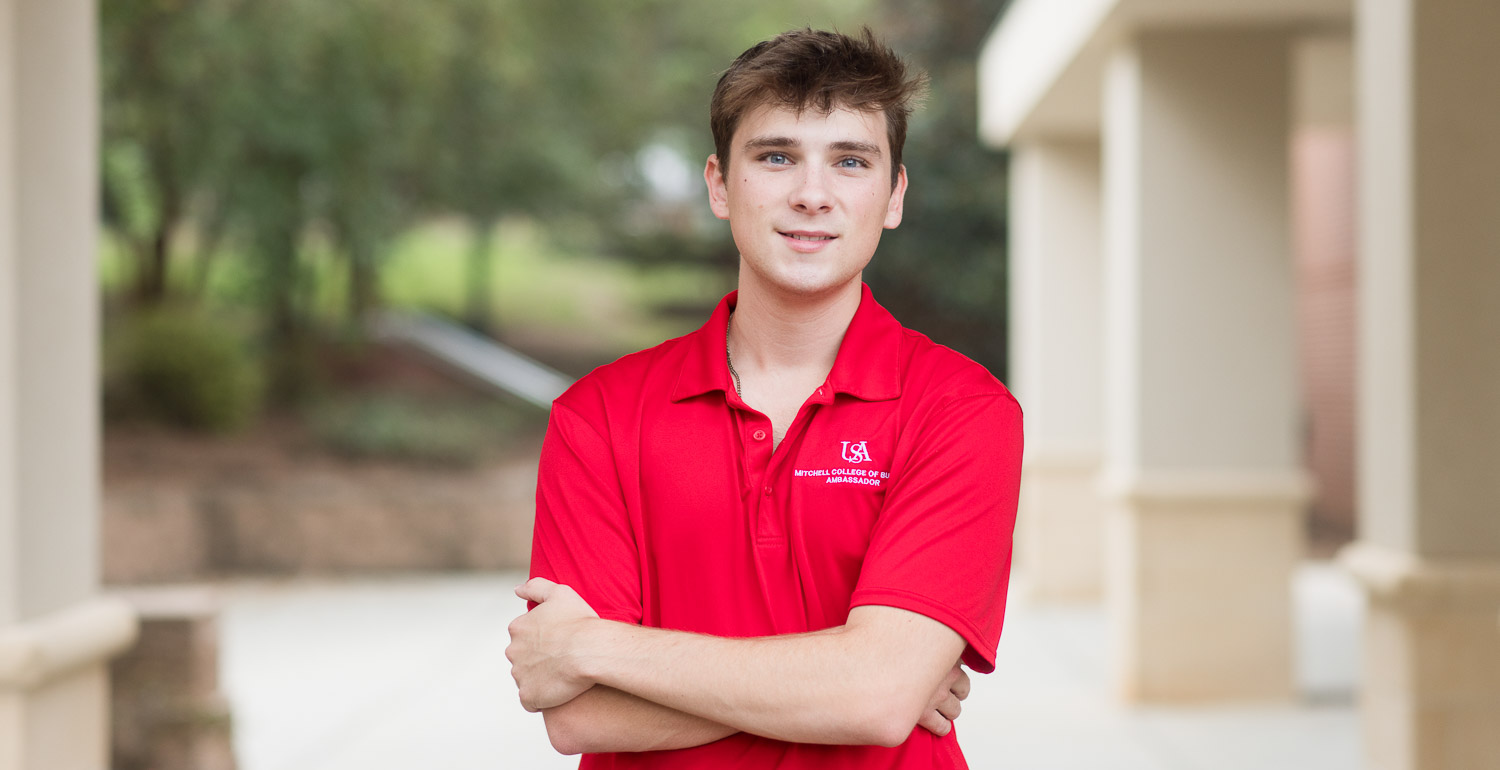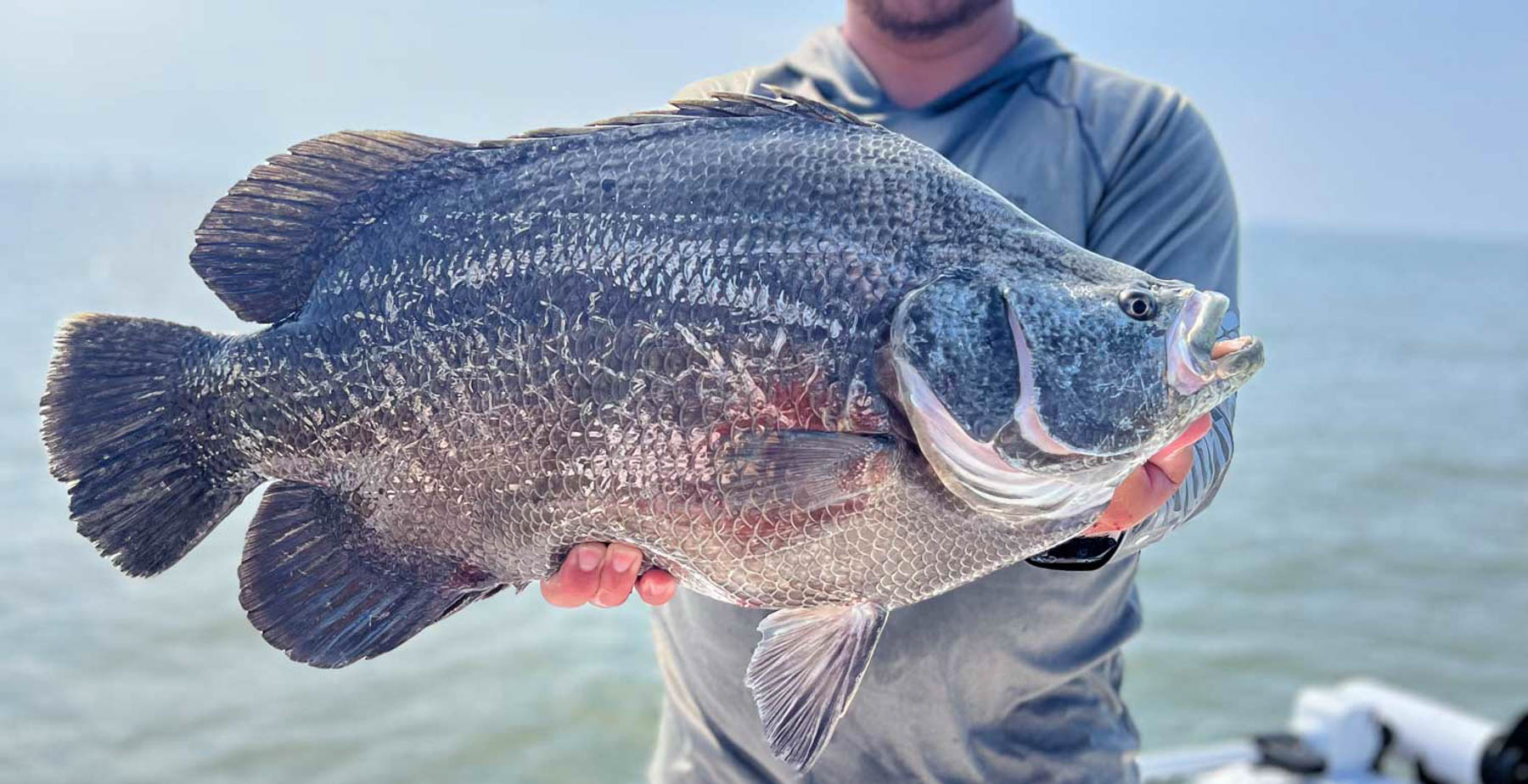Stokes School of Marine and Environmental Sciences Lands NASA Grant
Posted on May 15, 2023

The Stokes School of Marine and Environmental Sciences has received a second major scientific grant to help fund its undergraduate program. NASA has awarded a $209,446 Transform to Open Science Training grant to the University of South Alabama.
Open-source science allows scientists and students worldwide equal access to information. This funding will support the development of technical computing content for the University’s marine science labs.
“We believe this is a direction the field is moving toward in the long run and levels the playing field so that there is no financial barrier to developing these skills,” said Dr. Brian Dzwonkowski, associate professor of marine sciences. “As such, it seems natural to continue developing our course content through this proposal and now funded project.”
This NASA award comes on the heels of a $450,000 grant the Stokes School of Marine and Environmental Sciences received from the National Academy of Sciences Gulf Scholars program.
“Few marine science programs can boast investment from NASA and the National Academy of Sciences for its undergraduate programs. This recognition should demonstrate to current and prospective students that there is no better place to study marine and environmental sciences than South,” said Dr. Sean Powers, director of the Stokes School of Marine and Environmental Sciences. “These programs will provide our students exceptional opportunities to learn the most innovative approaches and make them among the most competitive for jobs and graduate schools.”
Computer programming and technical computing skills have become critical in marine science because many of the collection methodologies are generating very large volumes data that require automation to analyze that data.
Some NASA satellites have been collecting daily data over the global oceans since the early 1980s. Manually inspecting such extensive data is nearly impossible, so computer programming allows oceanographers a better capacity to study and understand our oceans.
“The technical computing experience gained from these new marine science labs is a critical skill that will provide a competitive advantage to our students when they finish their degree programs,” said Dzwonkowski.



